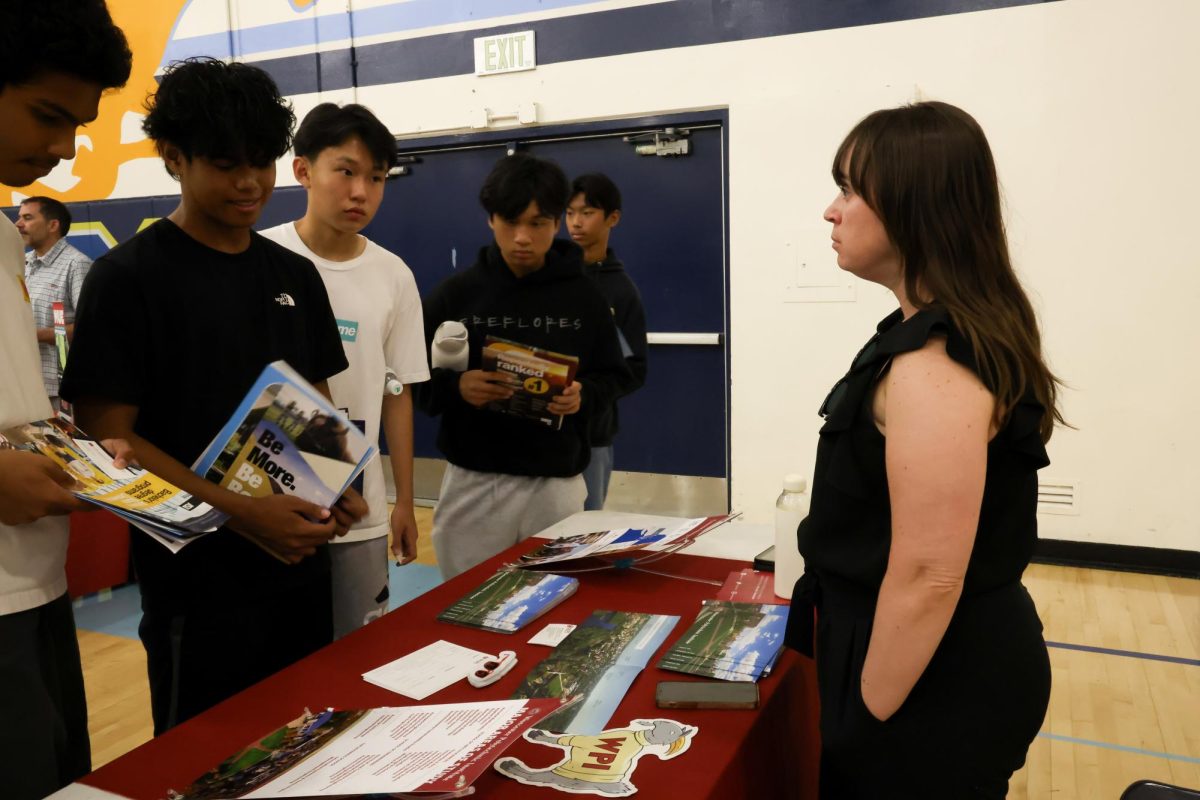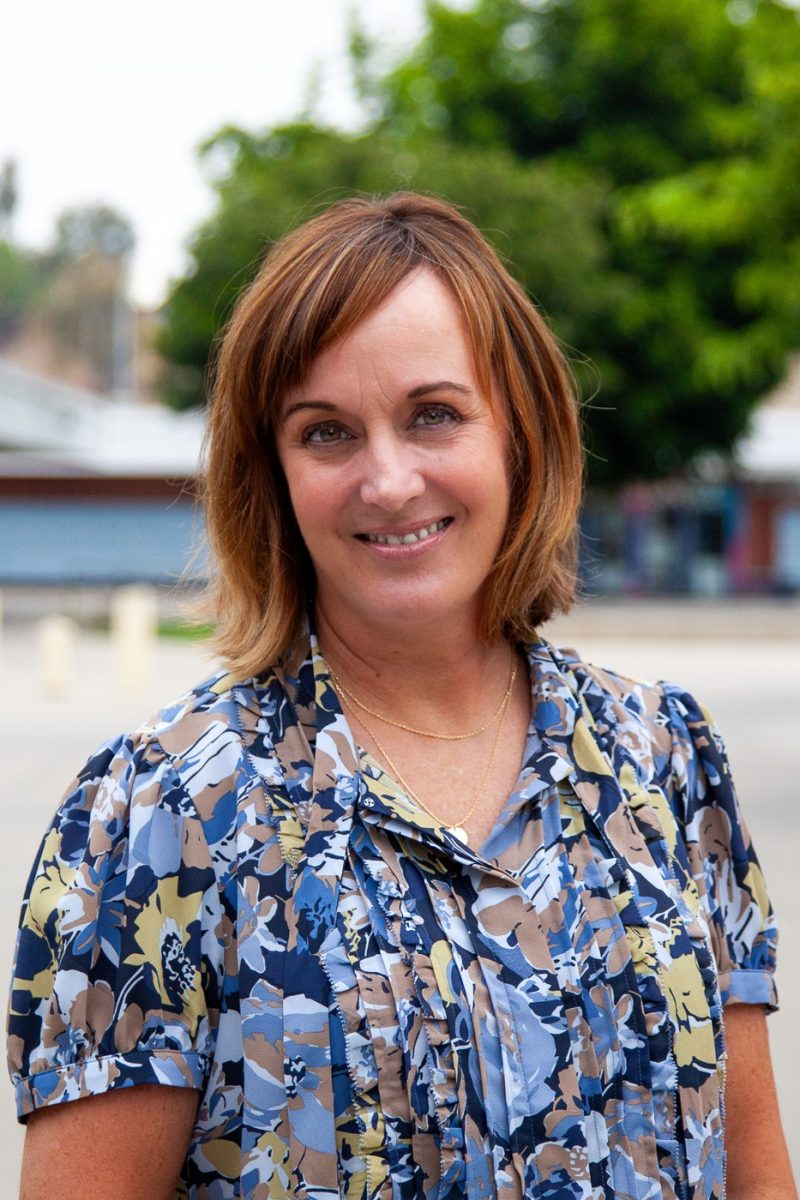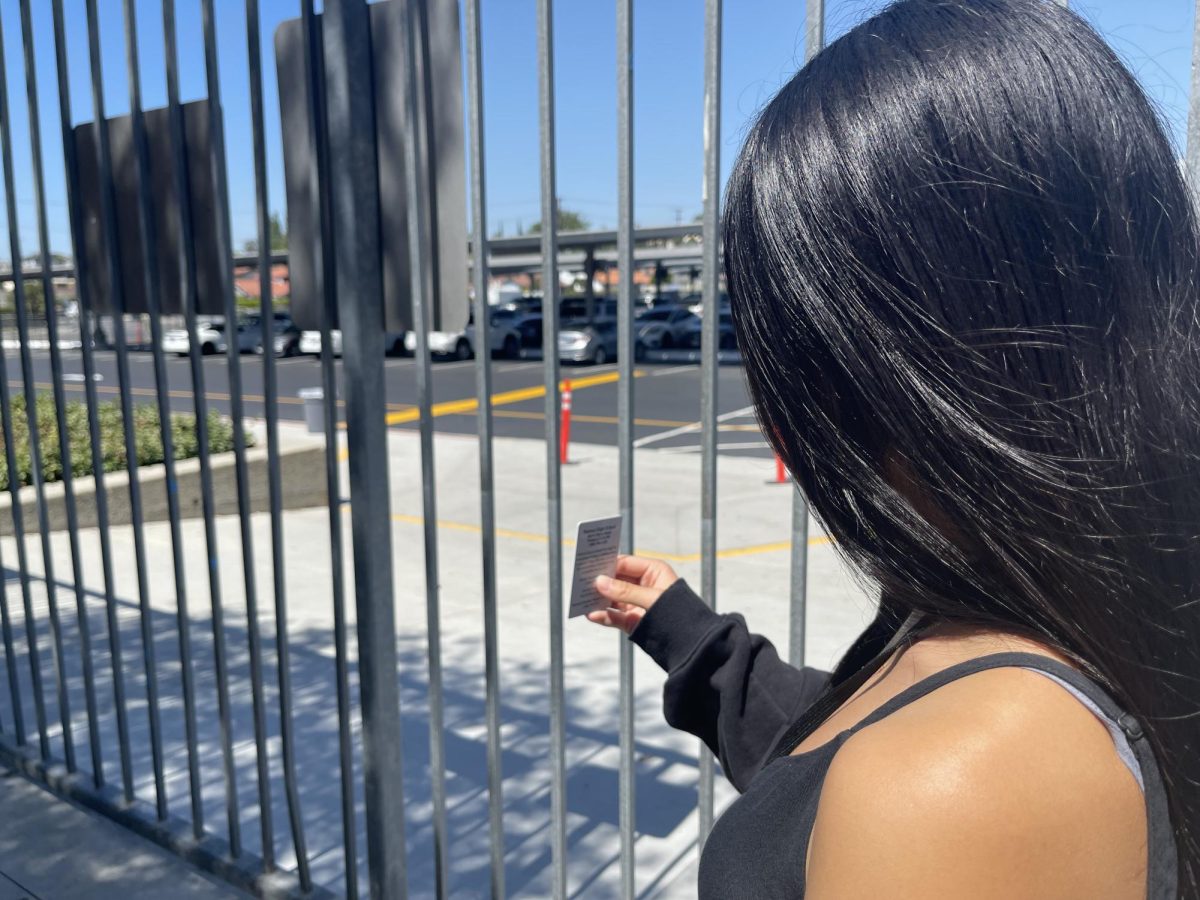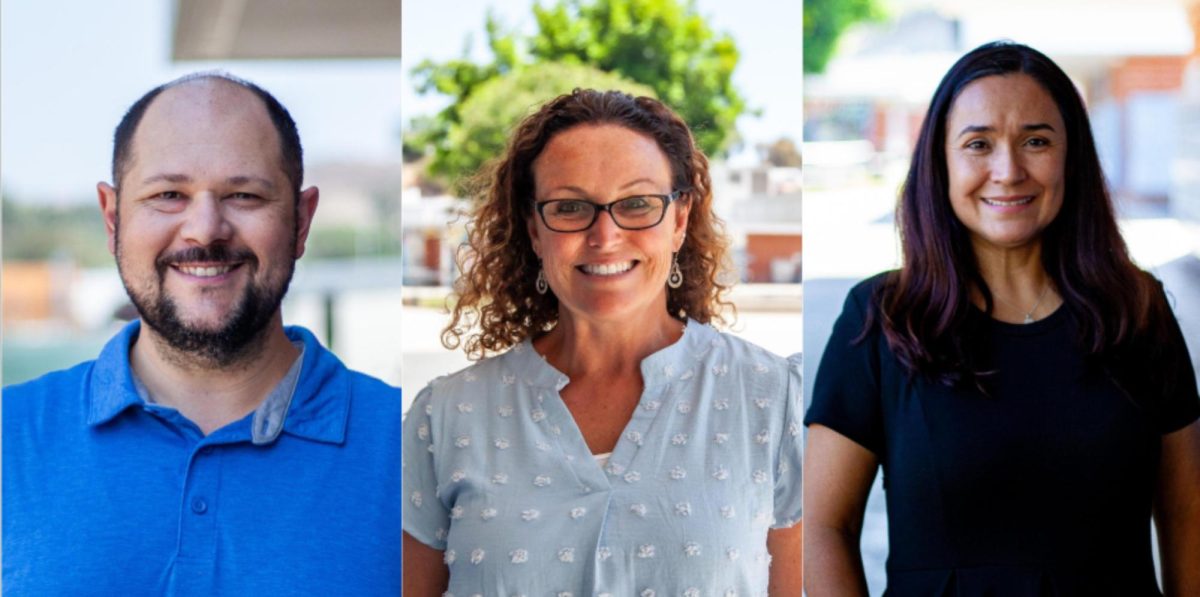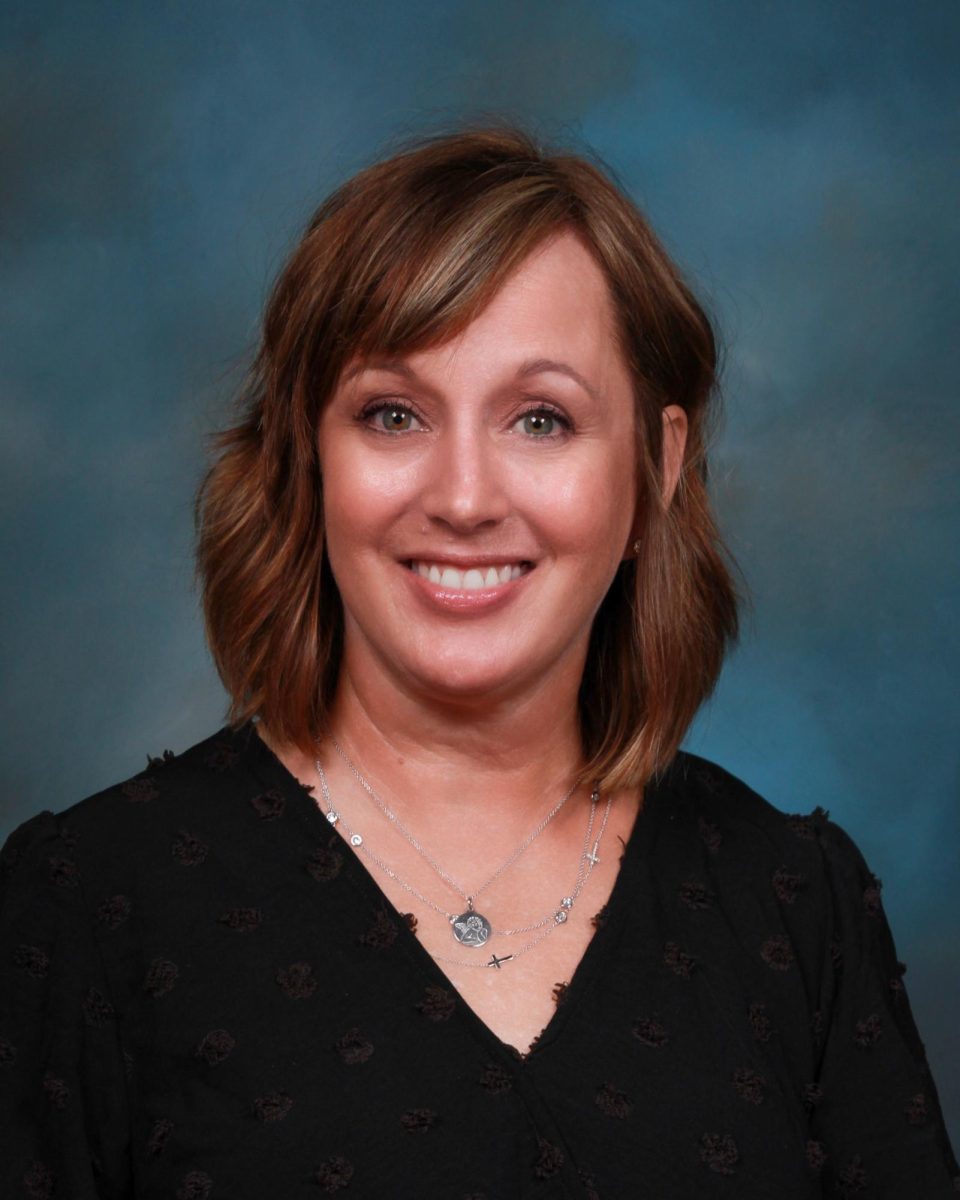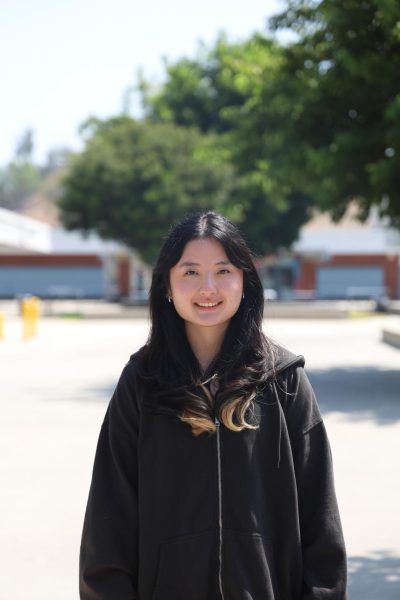The transition class reintroduced the opportunity for students with Individualized Education Plans (IEP) to work off campus this year for students to apply the life skills they learned in class to the real world. This experience has been paused since COVID-19 and will be reinstated this year.
This coming fall, juniors and seniors in the transition class will be able to work at establishments such as TJ Maxx, Chick-Fil-A, grocery stores and more, supervised by transition class teacher Christina Lantang, job coaches and instructional aides during class time.
“My hope is that these local businesses can see our [special education] population students can add value and contribute,” Lantang said. “Oftentimes, there is an impression that they’re not as capable, but they’re very capable. They just have to be equipped. I hope that to these businesses, it’ll open their eyes, and that when they come across students who maybe have certain disabilities or impairments, they can see past that and give them these opportunities that they wouldn’t otherwise have normally.”
The curriculum covers a comprehensive range of practical skills including vocational training, job readiness and basic life skills such as financial literacy and cooking skills. All of these are designed to help students become more independent after high school.
Students gain practical experience through various hands-on activities like restocking snacks at the Associated Student Body snack bar every Thursday. Currently, the class is also working on a recycling initiative involving students separating plastics and aluminum for recycling. Its proceeds will go toward classroom projects, teaching both environmental responsibility and basic economics.
“I love to cook during transition class, sorting the recycling during my transition class and restocking some snacks in ASB every Thursday. I’m feeling happy and excited,” senior Malena Alexander said.
To showcase student achievements and engage the community, Lantang launched an Instagram account, @pathwaytoadultingwhs, to document student experiences and highlight their hands-on work, helping build awareness and support for the program.
“My heart is for these students to be able to thrive. The word thrive is the forefront of everything I do, especially for this class. One day their parents aren’t going to be here. One day they’re going to encounter something where they’re going to have to solve and figure out themselves. I want them to be able to thrive in the sense that they are able to figure out the steps to get to where they need to get to, but also overcome,” Lantang said.


